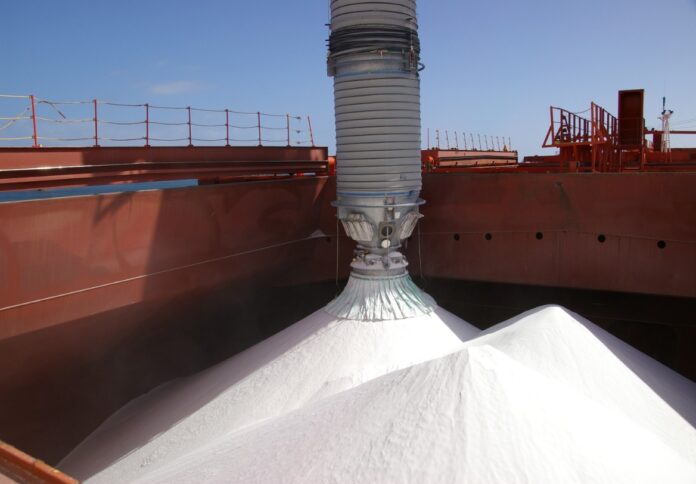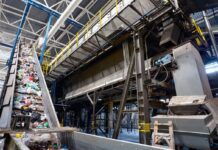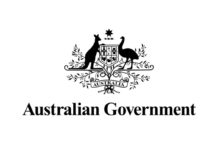
The Australian Aluminium Council has reiterated its demand for the inclusion of bauxite, alumina, and aluminium on Australia’s Critical Minerals list, following a new report that outlines escalating risks to the sector.
The report, titled “Vulnerabilities & Opportunities in Australia’s Upstream Aluminium Sectors,” highlights the increasing threats to Australia’s domestic upstream supply chain, which are exacerbated by geopolitical tensions, rising costs, and prolonged regulatory processes.
According to the council, incorporating these materials into the Critical Minerals list would not only bolster the Australian industry and create jobs but also convey a strong message to international trading partners about Australia’s commitment to maintaining its critical role in supplying bauxite, alumina, and aluminium—essential components for a low-carbon transition.
Marghanita Johnson, CEO of the Australian Aluminium Council, stated, “The current inclusion of aluminium on Australia’s Strategic Mineral List acknowledges the metal’s importance in the transition to net zero but does not come with much-needed policy support.”
She noted that the existing list is essentially a “watchlist” of minerals that might qualify as Critical Minerals but are not currently deemed vulnerable to disruption.
Johnson stressed the urgency of protecting the aluminium industry, warning against repeating the experience of other critical minerals.
“We do not want aluminium to become the new nickel, which, until early this year, was also classified as a Strategic Mineral. The Government’s decision to move it to the Critical Minerals list in February was too little, too late,” she said.
The report also highlights that in the past 18 months, three alumina refineries have been impaired, and one has been curtailed, underscoring the need for government intervention.
“The industry has been vocal in urging the Australian Government to recognise the growing threats to our bauxite and alumina sectors,” Johnson added.
According to the council, as Indonesian refineries prepare to expand alumina capacity by six million tonnes over the next five years, Australia faces mounting challenges, including rising capital, labour, and energy costs, along with protracted regulatory approvals.
Johnson remarked, “One of the greatest cost increases expected over the next five years will come from delays in environmental approvals, limiting access to bauxite for our alumina refineries. Indonesia can approve and build an integrated bauxite mine and alumina refinery faster than Australia can approve a bauxite mine.”
To address these pressing issues, the Council urges the Australian Government to:
- Immediately include bauxite, alumina, and aluminium on Australia’s Critical Minerals list, acknowledging the vulnerability of the integrated sector and its significance to both domestic and global supply chains.
- Streamline environmental approvals for bauxite mines and alumina refineries, balancing environmental protection with commercial realities and economic benefits.
- Support the aluminium sector’s critical role in the global green economy, as Australia’s alumina and aluminium are vital for transitioning to a sustainable, low-carbon future.
The report “Vulnerabilities & Opportunities in Australia’s Upstream Aluminium Sectors” is available for public access.




















